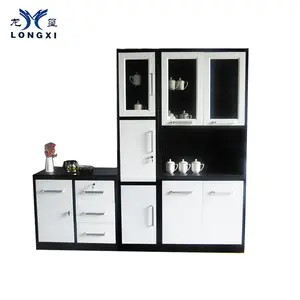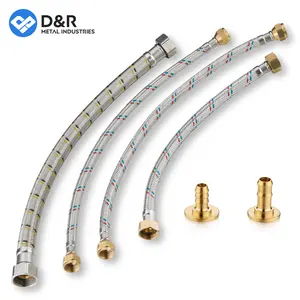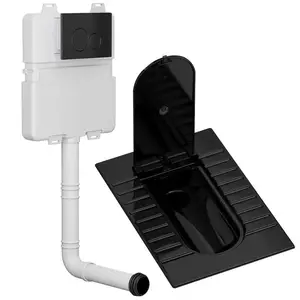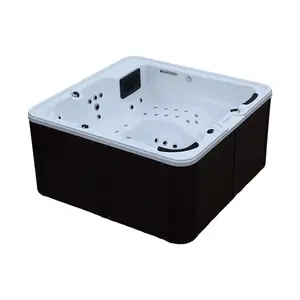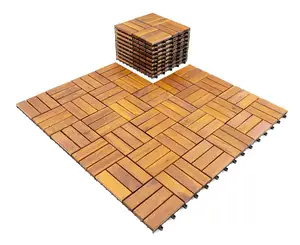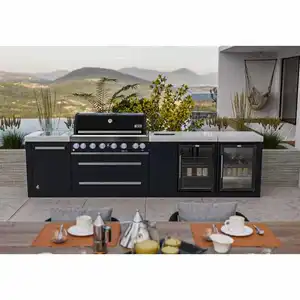Popular in your industry
















































































































































































































Top categories
About dry mixed mortar
Dry mixed mortar is a blend of fine aggregate, cement, and admixtures. It is typically mixed with water before being applied as mortar for masonry or used as a plaster coating. Dry mixed mortar is commonly used in the construction industry due to its consistent quality, ease of application, and cost-effectiveness. The term “dry mixed mortar” is often used interchangeably with “dry mortar,” and these products are available in various types, such as cement-based, quick-drying cement, and lime-based mortars. The dry mixed mortar industry has seen growth in recent years due to its efficiency and environmental benefits, making it a popular choice for construction projects.
Types of Dry Mixed Mortar
Dry mixed mortars are broadly classified into various types based on their composition and application. Cement-based mortars are primarily used for bricklaying, plastering, and rendering. They offer good adhesion and durability, making them suitable for general construction. Quick-drying cement, as the name suggests, is a type of dry mixed mortar that sets rapidly. This is advantageous when quick turnaround times are required in construction projects. Dry pack mortar is a specific type that is designed to have a minimal amount of water. It is typically hand-packed into place and is often used for applications like underlayment or repairs. Specialized mortars, such as those enhanced with polymers or specific admixtures, cater to unique construction needs. These can include improved flexibility, water resistance, or enhanced bond strength, depending on the project requirements.
Applications of Dry Mixed Mortar
Dry pack mortar for shower pan is commonly used in various construction applications, including masonry, wall plastering, tile fixing, and flooring. In masonry, dry mixed mortar is essential for bonding bricks or blocks together to create a structurally sound building. Wall plastering involves applying a smooth and durable finish to walls using dry mixed mortar. In tile fixing, dry mixed mortar acts as the adhesive that holds tiles in place, ensuring a strong and long-lasting bond. In flooring, the mortar is used as a leveling or bonding agent when installing floor tiles or other flooring materials.
Advantages of Dry Mixed Mortar
Dry mixed mortars offer several advantages over traditional on-site mixed mortars. One of the key benefits is their consistent quality, as they are manufactured in controlled environments. This results in uniform composition and properties, ensuring reliable performance in construction. Dry mixed mortars also contribute to time and labor savings on-site, as they eliminate the need for on-site mixing and reduce material waste. This efficiency can lead to faster project completion and increased productivity. Additionally, the precise formulations of dry mixed mortars can be tailored to specific construction requirements, offering versatility and customization. Dry mixed mortars are also known for their improved workability and strength, enhancing the overall quality of construction projects. Lastly, the controlled manufacturing process of dry mixed mortars reduces the environmental impact by optimizing resource utilization and minimizing material waste, aligning with sustainable construction practices.
